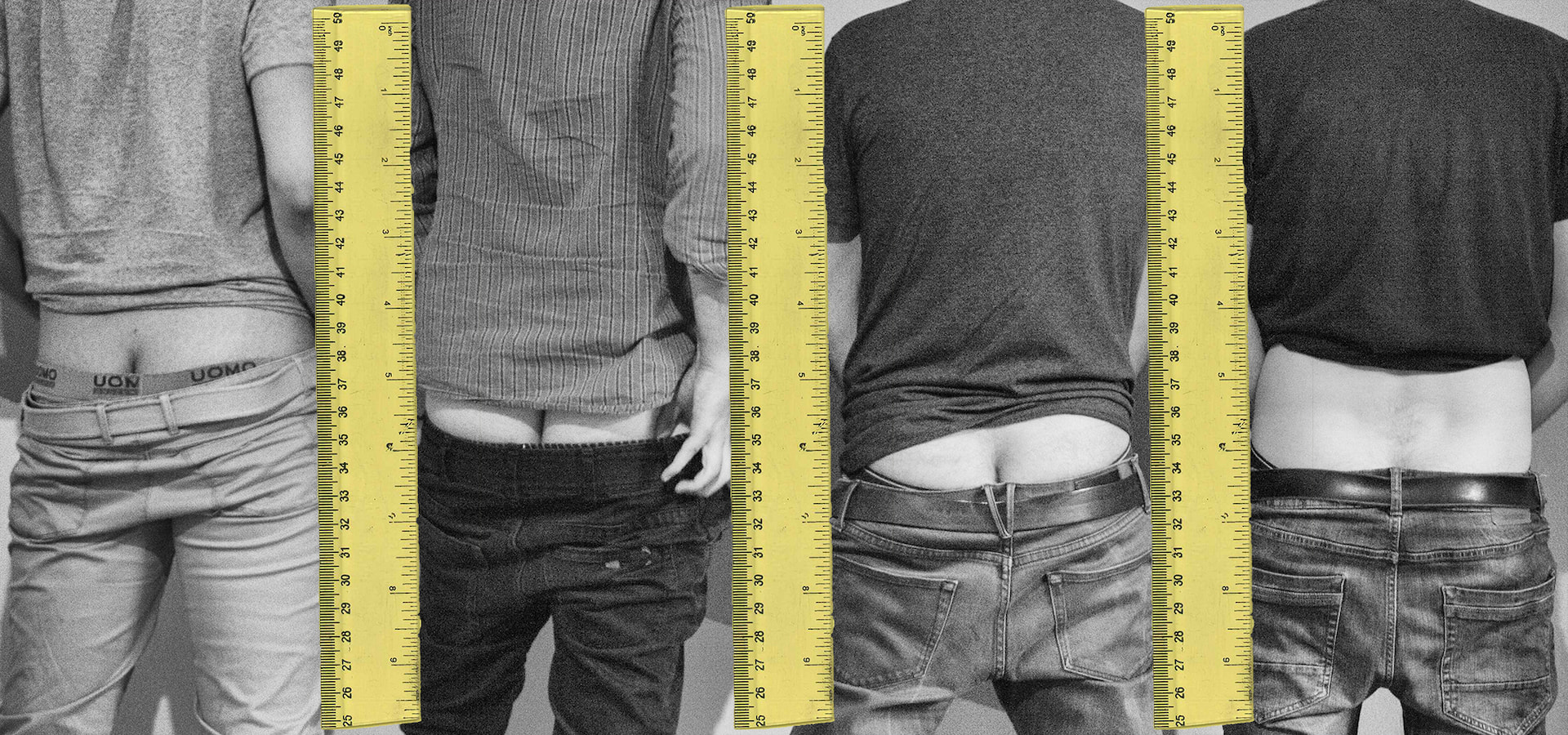
Who's the strongest?
Balkan people are more similar than they think.
|25.07.2018
|
Although anti-fascism is a value of all humans, people of this region slowly rehabilitate inveterate war criminals.

Qerim Ondozi
Qerim Ondozi is a polyglot and a translator. He mainly writes on language and translation topics.
This story was originally written in Albanian.